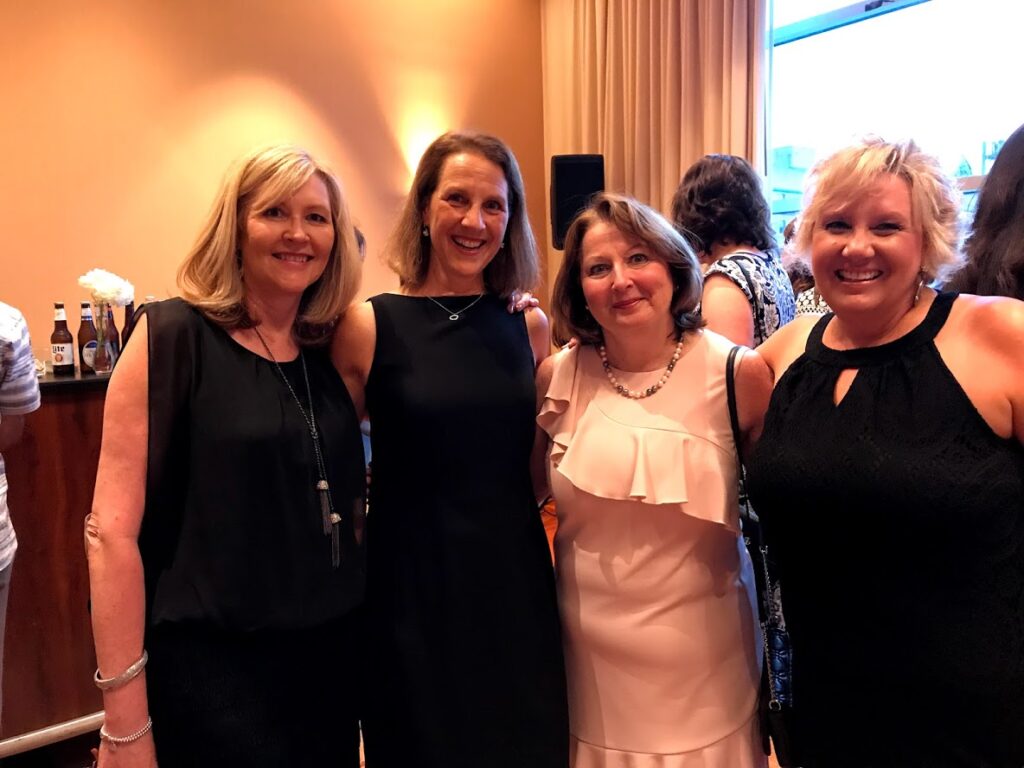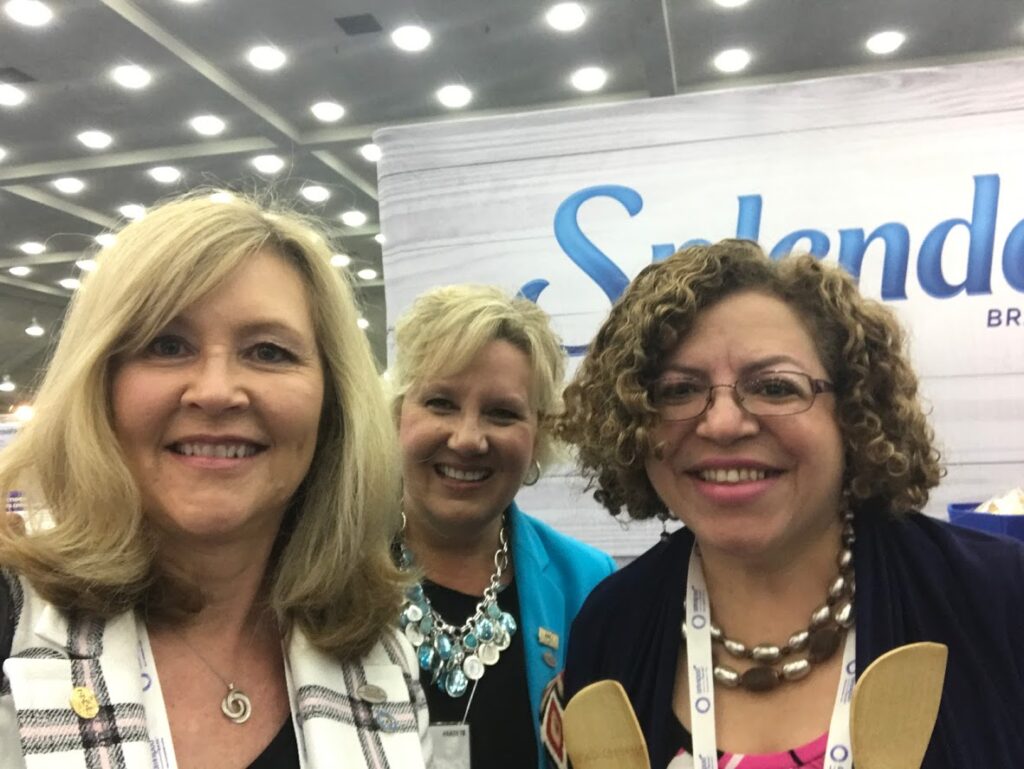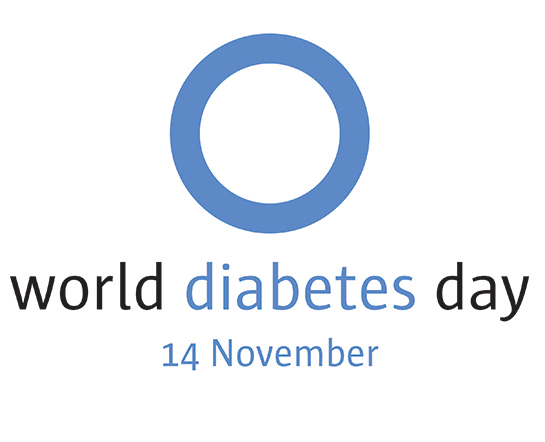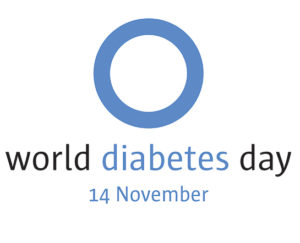We’re getting excited for the #AADE19 Annual Meeting in Houston August 9-12! For us, a little advance planning and mapping out a schedule with the online planner helps us to successfully navigate the packed meeting, get to the sessions that peak our interest, and catch-up with friends!

As always, this meeting offers a multitude of cutting edge topics and excellent presenters. So, if you’ll be joining us in (hot) Houston at #AADE19 but haven’t had a chance to check out the sessions, here is the scoop on the 8 we’re excited about on Friday which focus on behavioral health, how to impact behavior change, and the use of peer support. To keep it simple, we pulled out the session descriptions for you and reviewed uploaded slides when available. You can find all of this information in the Online Planner.
F06-Friday 9:45-10:45 AM Shame and Diabetes: Practicing Resilience in a Culture of Weight Stigma, Disordered Eating, and Healthism by Nikki Estep
Description:
Nearly 3/4 of people with type 2 diabetes report feeling shame about having diabetes, and shame-based self-talk and behaviors have been correlated with all types of diabetes. Presenters will define shame and how it is exacerbated in a culture of weight stigma and healthism, which can lead to disordered eating and other barriers to diabetes management.
Our take away:
Their slides are intriguing, sharing the work of Dr. Brene Brown on shame and vulnerability (love her books). From their slides: “Healthism is a belief system that sees health as the property and responsibility of an individual and ranks the personal pursuit of health above everything else, like world peace or being kind. It ignores the impact of poverty, oppression, war, violence, luck, historical atrocities, abuse and then environment from traffic, pollution to clean water and nuclear contamination and so on. It protects the status quo, leads to victim blaming and privilege, increases health inequalities and fosters internalized oppression.” – Lucy Aphramor
The concept of “healthism” is new to us and yet the impact on stigma is so clear. We also love the concept of Weight-Neutral Diabetes Care (WNDC) that “Focuses on establishing self-care behaviors. It DOES NOT promote restriction, endorse unsustainable exercise, or encourage disordered eating as a way to ‘get healthy’.”Looking forward to this one.
F07- Friday 11:00-12:00 Bright Spots & Landmines: A Diabetes Toolkit for Meaningful Behavior Change by Adam Brown
Description:
Why is changing behavior so difficult in diabetes? Why aren’t more people motivated? Why is there so much negativity in diabetes? Can we do better? Adam Brown will discuss the concepts of Bright Spots & Landmines as a toolkit for diabetes specialists to assist individuals to change behaviors, including specific food, mindset, exercise and sleep strategies. Attendees will learn how to apply “Bright Spots” and “Landmines” thinking to different individuals and scenarios, including easy-to-implement question guides.
Our take away:
While there were no slides to review, we are big fans of Bright Spots & Landmines and interviewed Adam Brown in our blog post on April 3, 2019. Adam’s “Bright Spots” are very similar to “Exceptions” in a solution-focused approach (where one evaluates what’s going well and what they can “do more of” instead of focusing on the problems). Of course, there are obstacles that people face every day, and those are the “landmines” where things are not working as well. You won’t want to miss his PDF handout of the 42 Factors that Affect Blood Glucose.
F12-11:00 am-12:00 pm Reducing Stigma to Improve Outcomes: How to Reduce Stigma Effects by Laurie Klipfel , Eileen Rivera and Ann Williams
Description:
Health care professionals work with people who experience stigma, such as stigmatized racial/ethnic identities and other stigmatizing conditions. Recently stigma itself has been recognized as a fundamental cause of health disparities, that is, persistently associated with health inequalities across different times, diseases, risk factors, and health interventions. In other words, stigma affects outcomes. This panel presentation will explore what stigma is, how it produces health disparities, and what diabetes specialists can do to decrease its effects. It will include discussion by people from three stigmatized groups: People who are legally blind, transgender individuals, and those experiencing weight stigma.
Our take away:
The slide deck revels a presentation on how stigma affects health and how we can decrease the effects of stigma. Looks like some powerful personal stories will be shared. Unfortunately, this session is the same time as Adam’s Brown’s. So many decisions!
F23 Friday 3:15-4:15 pm Peer Support Communities for Self-Management Support: Research Trends by Perry Gee
Description:
The “S” on the end of DSMES is for support. Peer support is a resource being used by millions of people with diabetes. In this session, you’ll learn the latest research on the impact of social media and peer support communities on the promotion of self-management of diabetes.
Our take away:
The slides for this presentation show a historical look at past AADE presentations as well as published research supporting the #DOC or Diabetes Online Communities.Happy to see iDOCr research council mentioned in the presentation. This is at the same time as the Language presentation below.
F24A -3:15 pm-3:45 pm How Language Affects Person and Provider Communication by Jana Wardian
Description:
Communication between people with diabetes and providers plays an important role in engagement, conceptualization of diabetes management, treatment outcomes and behavior. Healthcare teams can be more effective through respectful, strengths-based communication. Empowering language can enhance motivation and well-being for people with diabetes. While this skill may take time, it is well worth the effort.
Our take away:
The slides are available for this presentation. Jana states she has lived with diabetes for 26 years and wears a pump and CGM. It’s always good to hear the language perspective from a person living with diabetes. If you follow us you know we often speak about person centered, strengths based language, so we’re happy to see several sessions on language at this conference. There was one slide that we would challenge however around the use of “bad vs. unhealthy blood sugar”. We don’t see “unhealthy” as a positive word choice or a biological factor. We’d go with “in range” or “out of range”.
F26A-4:30-5:00 pm Applying the Miracle Question in Diabetes Care by Tami Ross and Deborah Greenwood
Description:
Managing diabetes is complex and the constant focus on problems can erode confidence. Presenters will introduce “The Miracle Question,” a step-by-step solution-focused approach to work with people with diabetes. Participants will learn to use “exceptions,” the times when life works better or when problems are less likely to take over, to guide them toward attaining a personal action plan and goals. By focusing on abilities and possibilities, there are ready-to-use solutions. This approach assists diabetes specialists to help people strengthen their resilience and confidence.
Our take away:
Of course we are really looking forward to our presentation and hope you will join us! We will share one solution-focused tool called “The Miracle Question” as an exercise to move people forward in their thinking and actions when living with diabetes – to create a sense of hope and acknowledge possibilities. You can read our past blog post about the Miracle Question to learn more. If you’d like to further explore the Miracle Question, check out this book we’re fans of!
F29-4:30-5:00 F29 – Impact of Diabetes Self-management Education and Support on Psychological Distress among African Americans and Hispanic/Latinos with Diabetes by Ninfa Pena-Purcell
While it conflicts with our session, this is another interesting topic.
Description:
Attention to the emotional side of diabetes is necessary in the delivery of DSMES. This has been found to be particularly critical for diverse racial and ethnic groups that have unique lived experiences. Two culturally appropriate community-based DSMES programs responded to this need, one aimed at African Americans and the other at Hispanic/Latinos with type 2 diabetes. Findings suggest that for both groups psychological distress was reduced and diabetes-related outcomes improved. Participate in this interactive session to dive deep into an exploration of the complexities of culturally appropriate diabetes interventions.
Our take away:
The slides for this presentation address the ADA guidelines for psychosocial care, how and when to assess people for diabetes distress, and describes a culturally tailored program to address these issues.
F26B-5:00-5:30 Peer Support Communities: Data, Resources, Tips and Tricks, Ashley Ng
Description:
People with diabetes and caregivers are increasingly turning towards online peer support communities to share and exchange information and experiences that impacts health behavior outcomes and emotional health. While the popularity of online communities continues to grow, it is crucial that diabetes specialists start to integrate evidence based online peer support networks as part of mainstream diabetes care. This presentation will discuss current challenges that surround people with diabetes and healthcare providers with the widespread sharing of personal data.
Our take away:
Ashley a dietitian, researcher, person living with diabetes, and colleague will discuss the privacy, security, and safety concerns of sharing personal data online, along with the role of the healthcare provider in helping people stay safe while online.
Wow, Friday is going to be a jam packed day! We’re thinking it may be Saturday before we make it to the Exhibit Hall this year!

We can’t wait to get to Houston to learn and re-energize! We are thrilled to see so many presentations addressing the behavioral side of living with diabetes and the essential component of peer support. Join us in tweeting using the #AADE19 hashtag – share what you are learning along with others in your network. Drop back by next week when we’ll share other sessions of interest throughout the rest of the conference.
Subscribe to our blog and we’ll email you when a new post is published!
Follow us on Twitter and Instagram @AFreshPOVforYou.
Disclaimer: A Fresh POV for You is a participant in the Amazon Services LLC Associates Program, an affiliate advertising program designed to provide a means for sites to earn advertising fees by advertising and linking to amazon.com.


